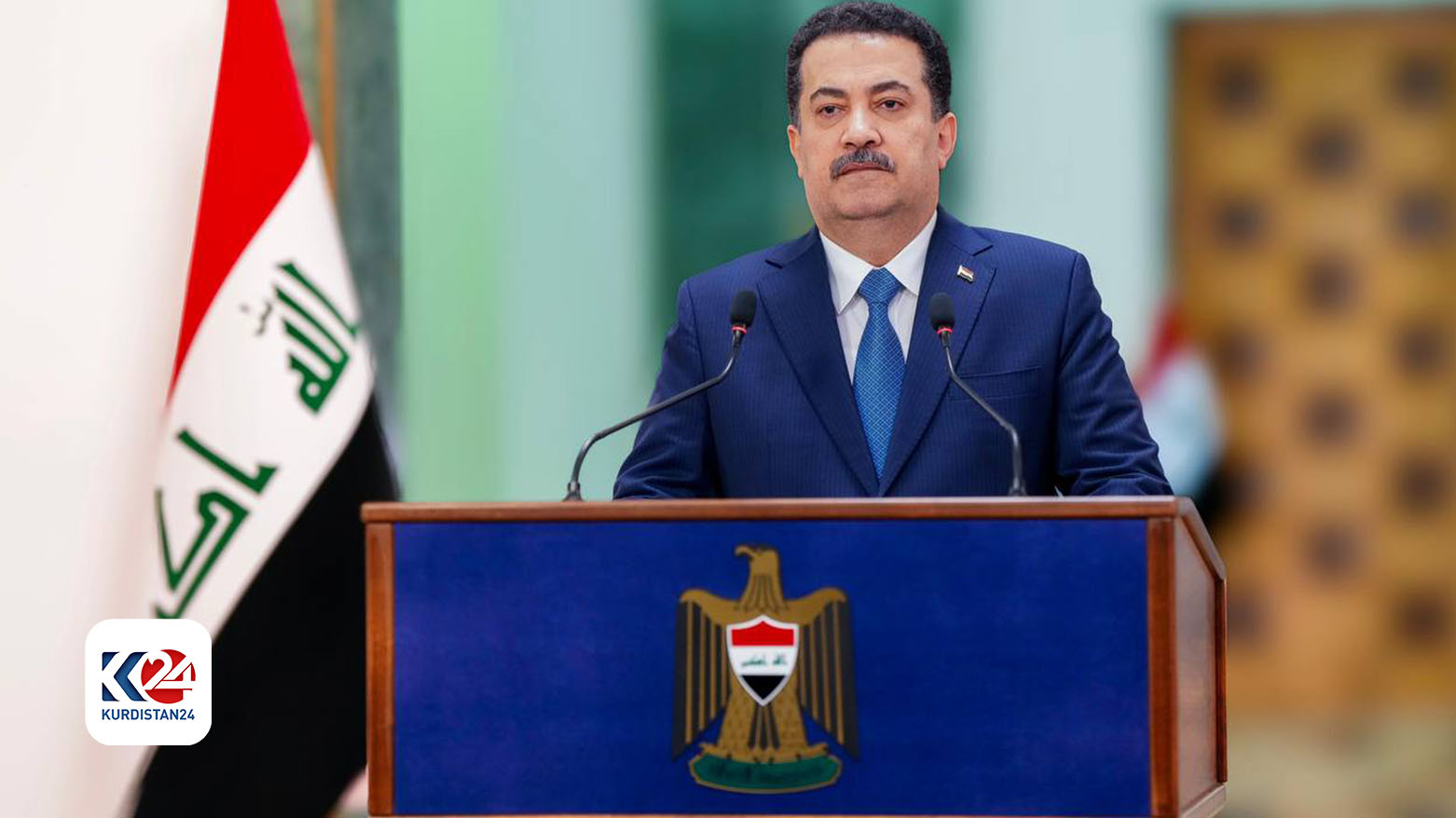Iraq PM emphasizes census as 'decisive tool' for national planning, urges public cooperation
"The census is not merely a collection of numbers," the Iraqi Prime Minister stated. "It serves as a dividing line between predictions and reality, and acts as a decisive tool for determining important and influential decisions."

Nov. 19, 2024
ERBIL (Kurdistan24) - Iraqi Prime Minister Mohammed Shia al-Sudani delivered a speech on Tuesday, addressing the upcoming national census in Iraq and the Kurdistan Region, emphasizing its crucial role in national development.
In his address, PM al-Sudani urged citizens to cooperate with census teams, respect the imposed curfew during the count, provide accurate information, and disregard unfounded rumors about the process.
"The census is not merely a collection of numbers," the Iraqi Prime Minister stated. "It serves as a dividing line between predictions and reality, and acts as a decisive tool for determining important and influential decisions."
He emphasized that the census is fundamental to development, progress, and administrative and service improvements, while clarifying that it has no connection to taxation or social security matters.
Al-Sudani highlighted the government's commitment to modern methodology: "We have adopted the most advanced contemporary methods to implement the census process accurately, scientifically, and electronically to serve both the present and future of Iraqis."
The national census is scheduled for Nov. 20-21, 2024, with a comprehensive curfew imposed across Iraq and the Kurdistan Region during these two days.
This census marks Iraq's first comprehensive population count since 1997, making it a crucial milestone for national planning and development. The use of electronic methods represents a significant modernization of the process.
The census has particular significance in disputed territories and areas with diverse ethnic populations, where demographic data can have political implications.
The government's emphasis on accuracy and transparency reflects the sensitive nature of population counts in Iraq's multi-ethnic society and their potential impact on resource allocation and political representation.